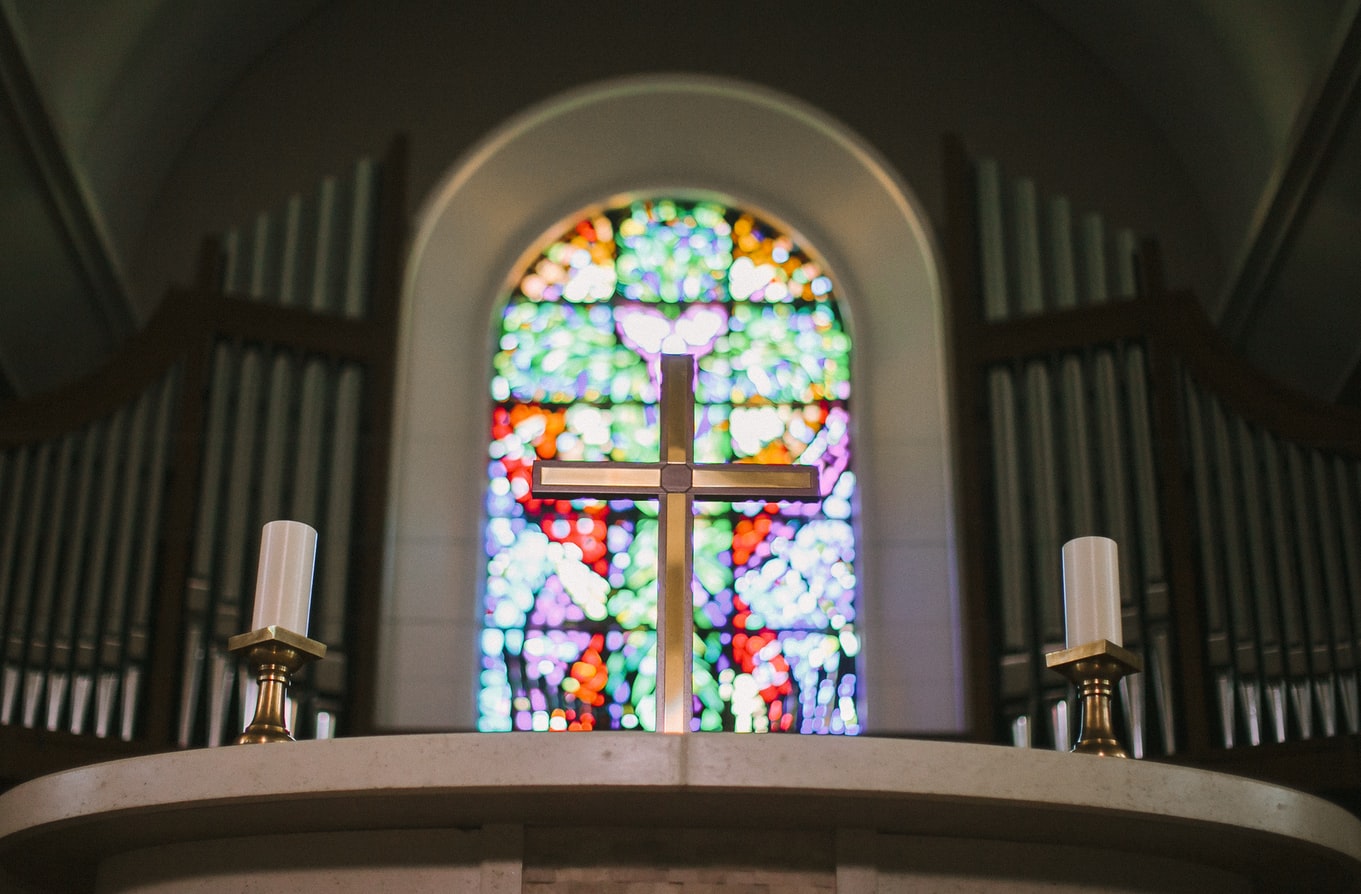Why I Love the Church

In recent months I have had the privilege of attending services in three different churches where I was a worshiper, not a preacher - not that the two are necessarily exclusive of one another. These opportunities are rare and treasured when they occur. In each case, the experience of worship was moving, heart stirring, and significant.
The three services were unique to their setting, each a tasteful expression of the personality of that congregation and the community in which it was located. In each case, the central focus of the service was a well-prepared and thoughtfully-delivered sermon given by a pastor who was doing one of the most important things a pastor is called to do: preach the Word.
In every church the music was impressive. The level of excellence reflected the care with which the music leaders (most all of them volunteers) gave themselves to the act of worship without pretense. One of the churches utilized an excellent choir, a small orchestra, and a music director. In another, the music was led by a praise team and a few musicians. The third church was blessed with an abundance of musicians and had both a praise team and a choir.
In all three churches the musicians engaged the congregation through eye contact, natural gestures, and tasteful appearance.
The congregations were ushered into the presence of the living God by their participation in the music, not by watching a team of performers.
The music in each service was characterized not by style so much as by theme. Some used contemporary choruses more than others, but all included them. In each there was at least one magnificent hymn, usually in a modern arrangement.
But in every case, the entire service seemed to have been carefully planned by the pastor and the musicians to lead the congregation to an engagement with the Word of God. Scripture was woven into each service as the framework for worship. The music led to the sermon with a sense of such support that from the beginning of the message the listeners were already anticipating the pastor's words.
No two of the pastors preached in the same style. One was quite conversational while another was more demonstrative and intense. The style of the third was somewhat a blend of the others.
In each service, the sermon ended with a clear challenge to the listener to respond to the Word! Truth came alive, hearts were stirred, and there was a spontaneous response to the altar by many people in the congregations. No one was pressured. No one had to be. It was just a grace-enabled response to Truth. I noticed that in each congregation there was a wide array of ages, from the very young to senior adults.
Teens not only were present but also were engaged. In two of the services those who invited others to participate in Scripture reading, announcements, and invitations to give tithes and offerings were laypeople. Both women and men led in portions of the services, and it seemed so natural as not to call attention to the fact. Best of all, none of the three was a "mega-church." We expect excellence and well-planned services in those beautiful and impressive settings.
These were "average," "typical," "ordinary" churches on a typical Sunday.
But God met His people in worship, people's lives were changed, and an "ordinary" Sunday carried eternal significance.
I heard holiness explained with clarity and bold challenge. I heard mission articulated and given purpose. I heard Christian living in difficult circumstances addressed with hope, grace, and assurance. This is the church I love. This is God at work in ordinary days with ordinary pastors doing ordinary work in ordinary churches and changing lives and communities in the process.
Jesse C. Middendorf is a general superintendent in the Church of the Nazarene.
Holiness Today, September/October 2006
Please note: This article was originally published in 2006. All facts, figures, and titles were accurate to the best of our knowledge at that time but may have since changed.




